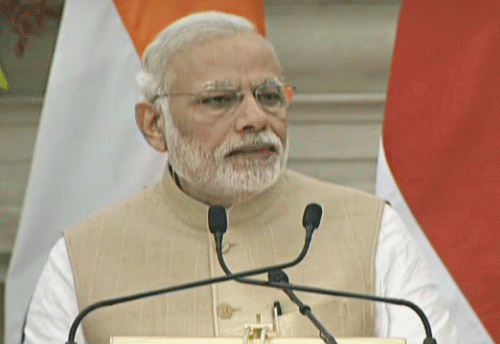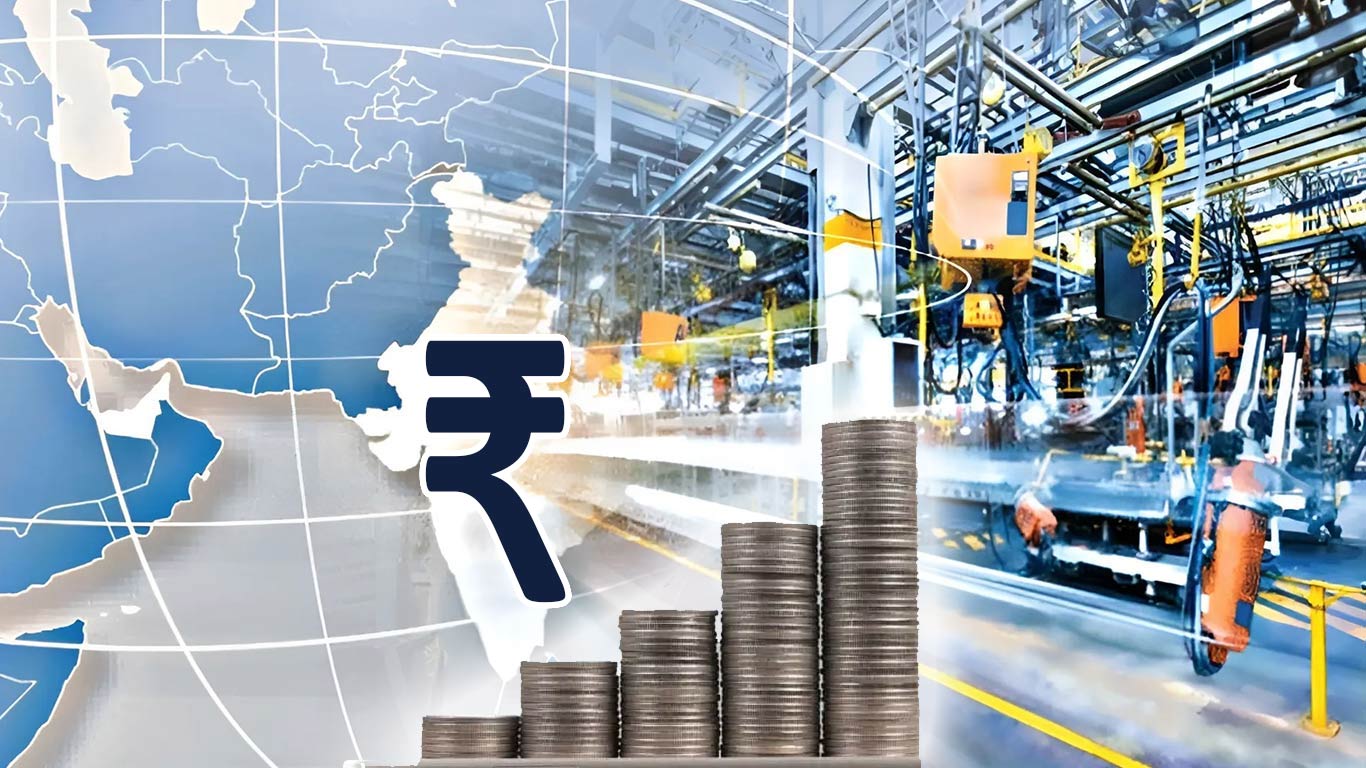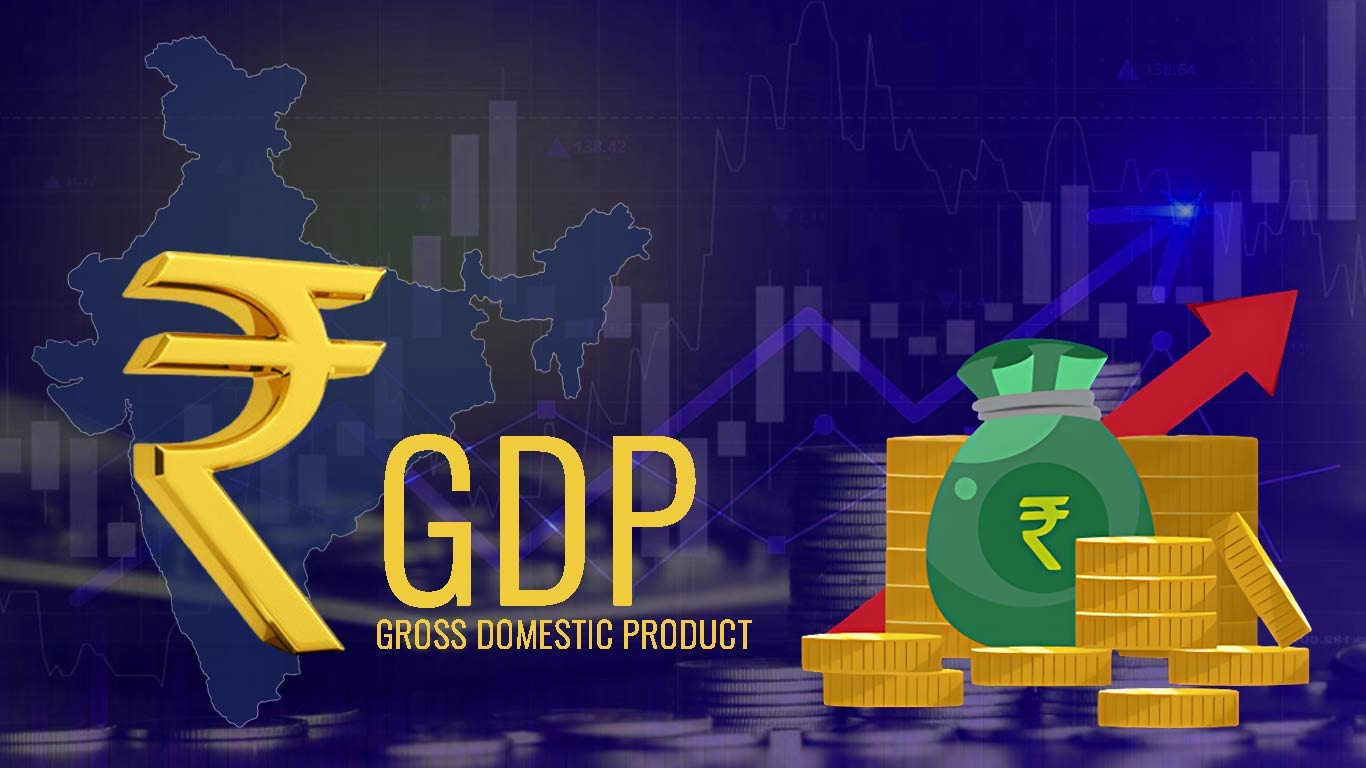Informal sector is not yet ready for cashless economy, GST: FISME writes to PM Modi
Updated: Dec 12, 2016 11:09:13am

Informal sector is not yet ready for cashless economy, GST: FISME writes to PM Modi
New Delhi, Dec 12 (KNN) The apex body for MSME associations in the country, FISME, in a letter to Prime Minister Narendra Modi has urged to bring two major policy interventions in - Taxation front and Labour Laws front - to help the sector smoothly migrate from cash based economy to a cashless economy.
The Federation of Indian Micro and Small & Medium Enterprises (FISME), which has been raising the grassroots level problems of the MSME sector, has highlighted the issues being faced by the entrepreneurs post demonetization.
In the letter, FISME President Dr Sangam Kurade wrote, “The existing cash based informal economy- which constitutes over 90% of all enterprises and account for most of the employment in the country other than in the Government and the corporates, is not yet ready for cashless economy and GST.”
If pushed into the new regime without a well thought out strategy to bridge the chasm, millions of businesses would perish leaving a trail of destruction with huge social & political consequences, he added.
FISME noted that while most of the entrepreneurs can be counselled/persuaded to migrate to formal economy, the biggest hurdle in the way is the fear of persecution both in future and of non-compliance in past.
“A comprehensive ‘amnesty’ – a kind of safe passage, is needed especially in two spheres a) Taxation (Direct and Indirect Tax) and b) Labour/ Social Security along with assurance that the government machinery will also be reformed and made to work for the good of the nation and not to serve vested interests,” it said.
In Taxation, the enterprises will pledge disclosure and compliance on a promise that their records of previous years will not be opened and they will not be harassed, FISME wrote.
In labour laws, not only is an amnesty required for the previous years, but urgent reforms are needed to make compliance feasible in future. Firstly, as promised by the Finance Minister in his Budget speech alternative option should be made available to employers/ employees for the ESI and the EPF. Secondly, the threshold of salary for mandatory Provident Fund deductions should be raised; the Employer’s contribution should be fixed @ 10% while the contribution from employee should be made voluntary. (Such a scheme has already been announced for apparel sector). Thirdly, the responsibility of providing medical facilities should be taken up by the State itself (as for Central Government employees) and the ESI contribution should be completely done away with, the industry body added.
FISME said the two policy interventions can surely be a precursor to a tectonic change in the socio-economic-political thinking persuading large number of enterprises to come in the fold of formal economy.
“Such a movement not only would help them access institutional programs, funds and other inputs and help them grow, but also instil a sense of pride in sharing resources with the Government by way of taxes and being instrumental in developmental goals including higher employment,” it added. (KNN Bureau)











